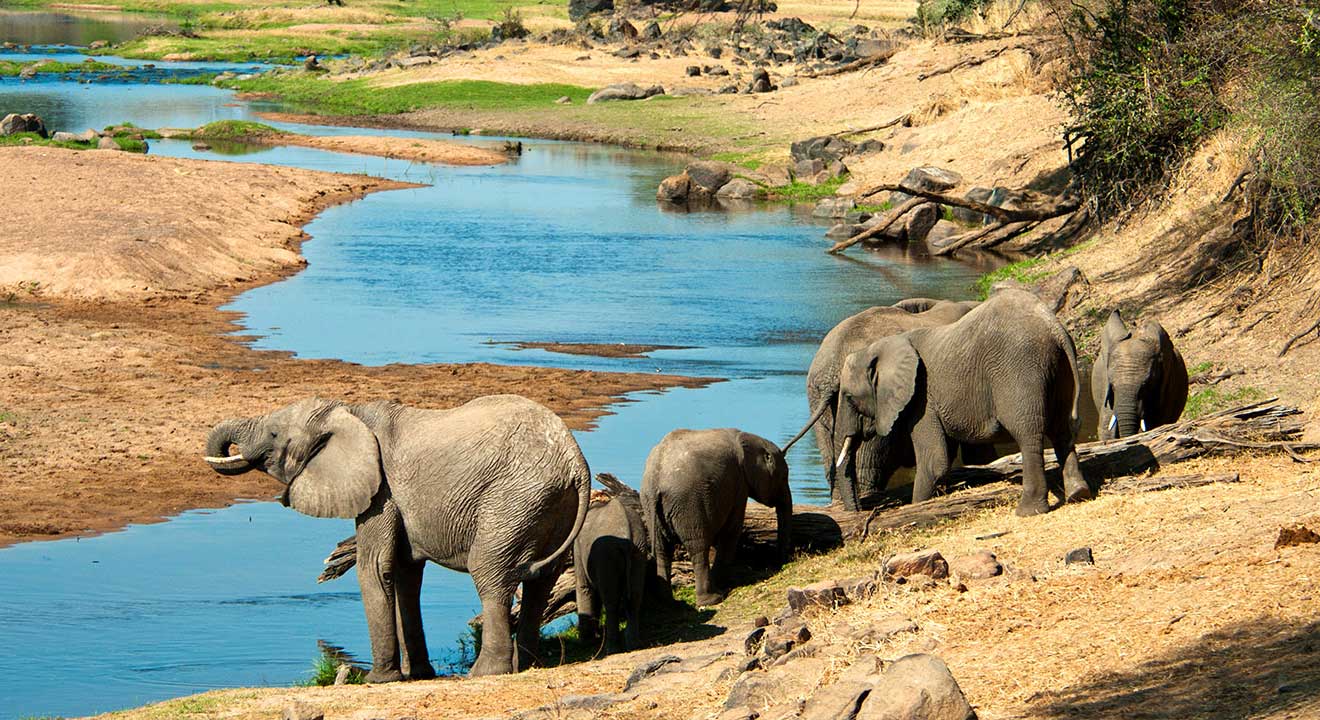
Daily Tour
Travel
1+ Person
Any Language
It is the second-largest National Park, covering an area of 20,226 sq. km located in south-central Tanzania. During the dry season, when game viewing is at its best, animals are drawn to the Great Ruaha River and other water sources. The name Ruaha was derived from the hehe word called ''Luhava'' meaning the great river.
Climate
Ruaha National Park enjoys only one rainy season, usually from the end of November to May with annual average rainfall ranging from 500 to 800mm. The park is located at an altitude between 750 and 1868 meters.
Attractions
Not only does Ruaha enjoy abundant wildlife, but the magnificent and constantly changing landscapes add a magical touch to the whole experience. Baobabs dot the rocky hillsides, the cool green shade along the River, the open grassy plains, all make a wonderful and exciting trip.
This is the place where visitors can see both Lesser and Greater Kudu because it is the southernmost limit for Lesser Kudu in African continent. It is also possible to see, Sable and Roan antelope, Lichtenstein’s Hartebeest, Topi, both Southern and Bohor reedbuck and it is the southernmost limit of Grants Gazelle.
In addition to this, Ruaha boasts a healthy population of Wild Dogs, Leopard, Lions, Cheetah, Buffalo, and Elephant, not to mention all the other species, of which there are plenty
With 574 species recorded in Ruaha, it is difficult to visit this beautiful Park and not be impressed by the number and variety of birds you see. The park is known for having baobab trees scattered all over the park. During dry season the baobab trees shed leaves, leaving only bare branches that resemble roots.Therefore people nick named it “roots up tree”.
What to Do
Various activities are available in the park, such as day and night game drive, walking safari, cultural tourism, bush meal, bird watching, star gazing, balloon safari and picnicking.